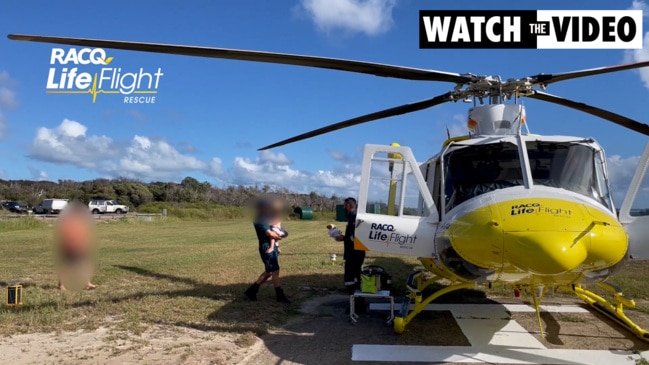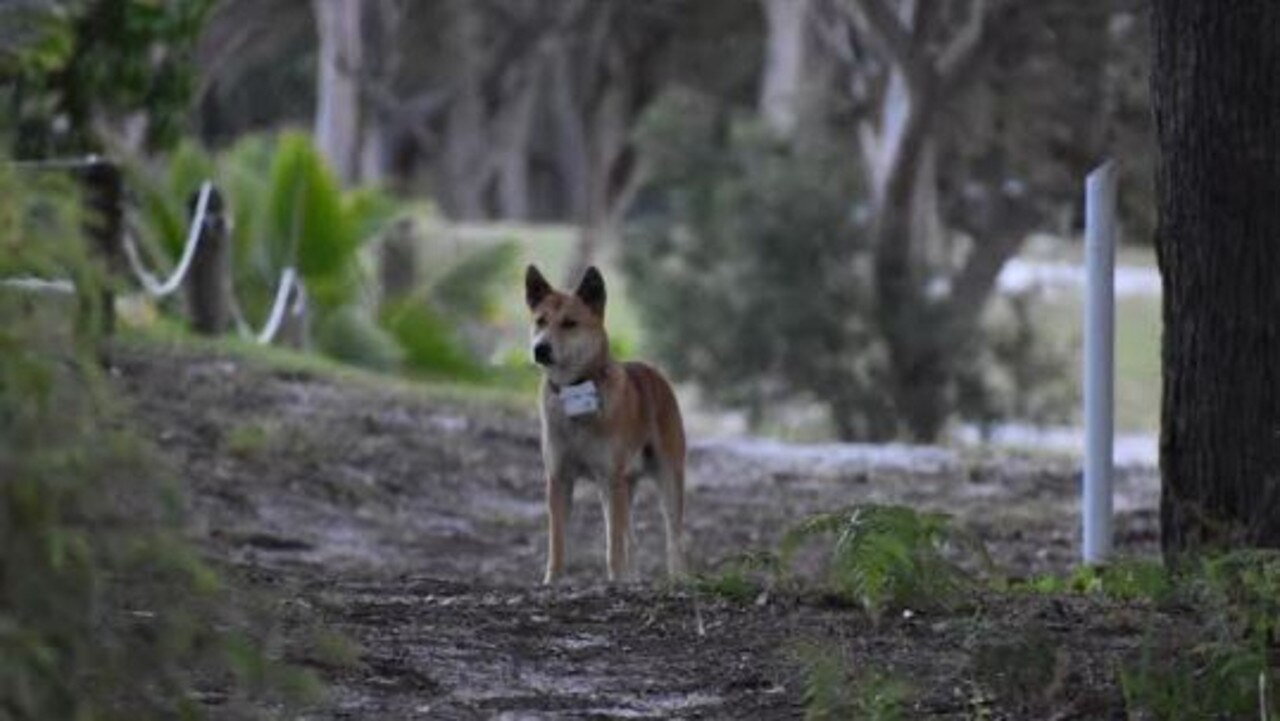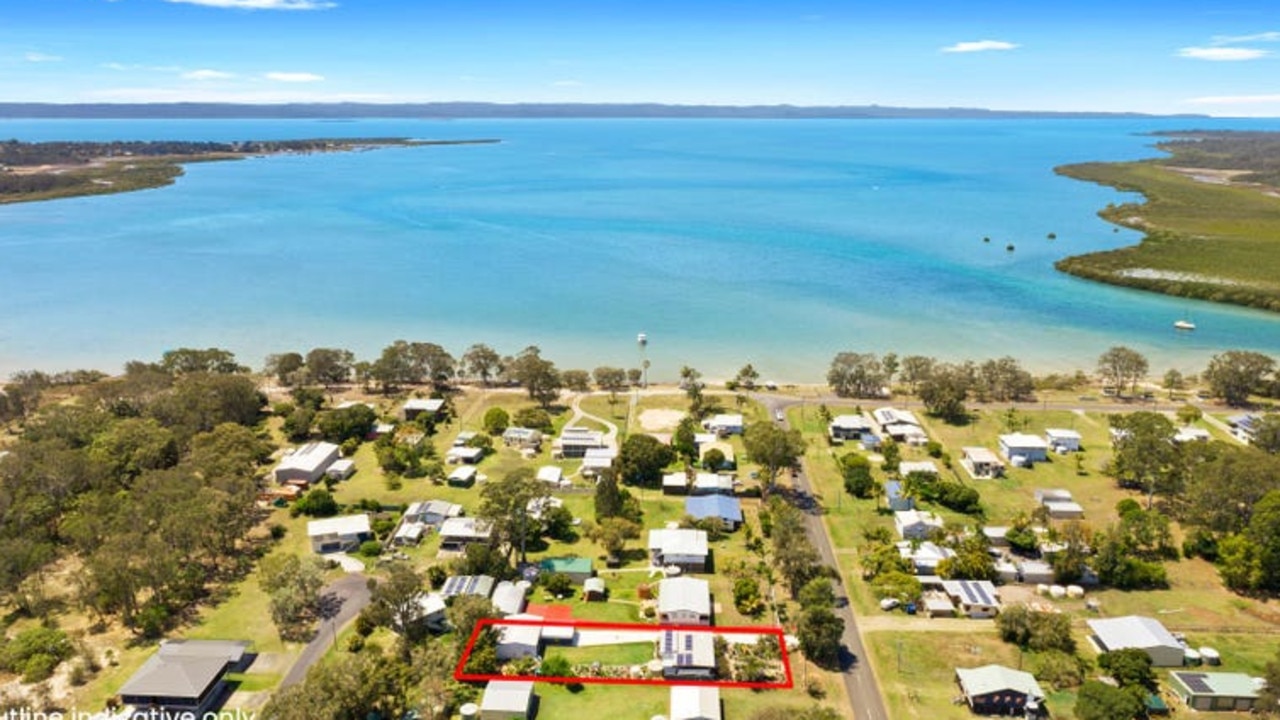Dingoes in attack hotspot fitted with camera collars
‘Habituated’ pack at popular holiday town targeted in new trial amid growing fears for safety of families and dingoes.

Fraser Coast
Don't miss out on the headlines from Fraser Coast. Followed categories will be added to My News.
Dingoes living at a popular holiday town, where children were recently bitten, have been fitted with tracking camera collars.
Queensland Parks and Wildlife Service is targeting the pack at Fraser Island’s Orchid Beach which it says has been habituated due to ongoing human interaction despite laws against feeding the dingoes.
It comes after a four-year-old boy was bitten on the led in early May.
Two weeks beforehand, a toddler was flown off the island after he was attacked by a dingo in the same area.
Acting Regional Director Stephen Price confirmed on Tuesday rangers were using “new high-tech camera collars” to monitor the movements of “high risk” dingoes around the township.

“To reduce the potential for further negative interactions, rangers have fitted camera collars on two wongari residing in or around the Orchid Beach residential area,” Mr Price said.
“The camera collars are light weight and will be worn by the wongari for up to three months, releasing via a timed drop off mechanism.
“The camera collars are also GPS-enabled and will better inform our knowledge of their movements and interactions.
“Rangers will be able to track the wongari and download images to see where the animal has been and how it is behaving within its natural environment and around people.”
Two of the new collars have been fitted so far.
The use of GPS tracking collars has been controversial in the past with advocacy groups labelling them cruel.
A collar was previously removed from a female dingo called Yellow Tag which was linked to several high-risk incidents.
Mr Price said tracking collars, which had been trialled at various points on the island since 2011, were used worldwide to track and assist in managing animal/human interactions and approved by an independent Animal Ethics Committee.

He said several dingoes had been loitering around Orchid Beach and it was obvious from their “lack of fear of people” that they had been habituated through being fed.
As recently as last week, a man was fined for feeding an island dingo bread.
“Feeding and attracting wongari can have serious consequences – as we saw with the attack on a child at Orchid Beach recently – and can result in euthanasia of the animals,” he said
“We believe a wongari from the Orchid Beach pack is responsible for the attack, but exactly which one could not be identified with any certainty.”
Anyone who sees a dingo wearing a collar is urged to exercise caution and give them their distance, as they may be prone to demonstrating dominant behaviour.
Residents or visitors who take images or video of dingoes wearing a collar can send them to dingo.ranger@des.qld.gov.au to assist in monitoring.
Dingo safe advice
Young children must be kept within arm’s reach at all times;
Walk in groups;
Camp in fenced areas where possible;
Do not run. Running or jogging can trigger a negative dingo interaction;
Never feed dingoes;
Never store food or food containers in tents; and
Secure all rubbish, fish and bait.
Originally published as Dingoes in attack hotspot fitted with camera collars







